Super Foods for Good Health
1 Comments
Why superfoods?
A well-balanced diet, regular physical activity and stress management are the keystone to good health. Here are ten super foods which you may want to add to your diet this year. Photo: Getty Images
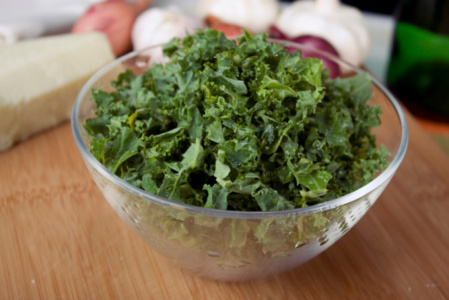
Kale
Kale is a superstar among green leafy vegetables. Kale, which is a rich source of calcium, does not contain oxalic acid. Oxalic acid interferes with the body’s absorption of calcium. Kale is a good source of lutein, which research has shown reduces the risk for developing cataracts and age-related macular degeneration. Components in kale regulate estrogen levels and are thought to offer protection against hormone linked forms of breast cancer. Photo: Getty Images
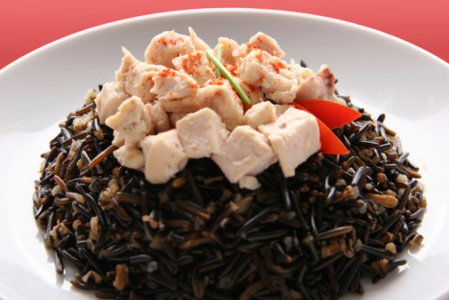
Black Rice
Black rice could possibly be the super food of 2010. It is a rich source of iron and fiber. It contains more of the antioxidant, anthocyanin than blueberries. Highly treasured in Asia for many centuries, the health benefits of this purple colored rice are gaining recognition in western culture. Consumption of black rice is thought to aid in the prevention of cancer, heart disease, diabetes and Alzheimer’s disease. Photo: Getty Images

Mushrooms
Mushrooms contain beta-glucan, which is a sugar found in the cell walls of bacteria, fungi and yeasts. Beta-glucan boosts the immune system and is particularly beneficial for people with compromised immune systems resulting from physical and emotional stress, radiation treatment and chemotherapy. All varieties of mushrooms are rich sources of potassium, which lowers elevated blood pressure, copper, which cardiovascular protective properties and riboflavin, niacin and selenium, which appear to reduce the risk for developing prostate cancer. Photo: Getty Images
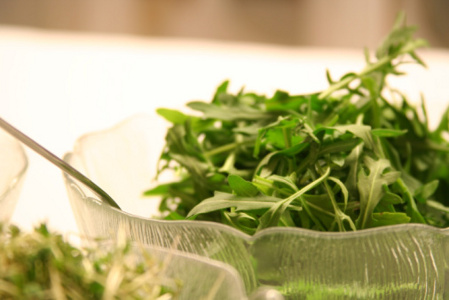
Arugula, Collard, Dandelion and Mustard Greens
Arugula, collard, dandelion and mustard greens are rich sources of calcium. Young women have an increased need for adequate calcium intake to ensure optimum bone health and prevent osteoporosis. Teenage girls should eat three cups of green leafy vegetables or about ½ cup each day. Photo: Getty Images
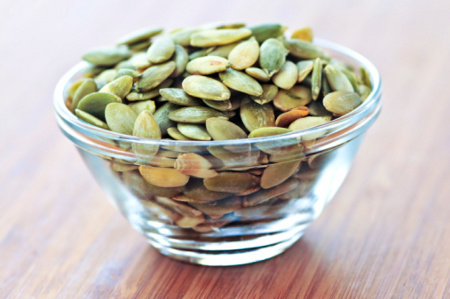
Pumpkin Seeds
Pumpkin seeds are a rich source of lean protein, iron, magnesium and zinc. Iron is an essential mineral needed in oxygen transport by red blood cells. Magnesium plays an important role in the biochemical reactions that help keep bones strong and promote a healthy nervous system and normal heart function. Lightly roasted or raw, pumpkin seeds are a super snack or a healthy addition to salads, homemade trail mix or muffin recipe. Photo: Getty Images
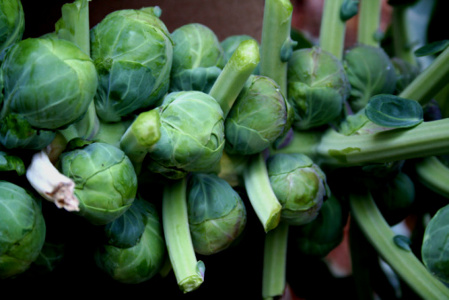
Brussels sprouts
A member of the cruciferous family of vegetables, Brussels sprouts rank among the super foods for good health. High in fiber, Brussels sprouts help lower cholesterol levels by binding to bile acids in your digestive tract. Brussels sprouts contain a compound that naturally converts to sulforaphane, which has cancer preventing properties. This compound may protect against cardiovascular disease, neurological disorders and effects of aging. Photo: Getty Images
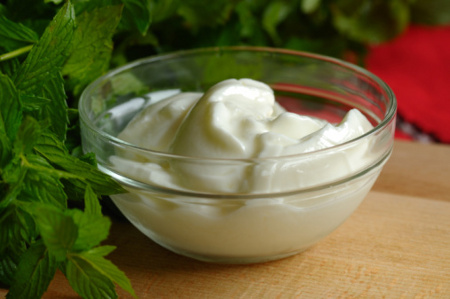
Yogurt
Yogurt is a great source of calcium, which our bodies need for strong bones and teeth, to regulate blood pressure and maintain normal muscle and nerve function. For the many people who may not get enough calcium in their diet, yogurt is the multi-tasking super food. Yogurt is enriched with vitamin D and probiotics. It is a protein source that lactose sensitive people can often tolerated better than milk. Photo: Getty Images
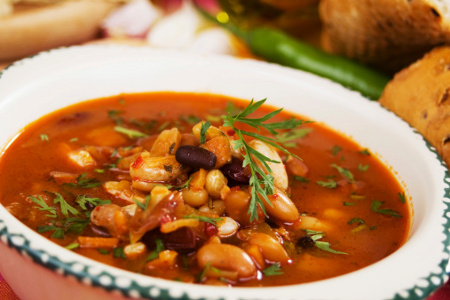
Beans
Beans can be considered a super food because they are economical, readily available and a low fat source of protein, carbohydrates, magnesium and potassium. They are a good source of fiber which helps lower cholesterol levels, maintain healthy colon function and reduce the risk for constipation, hemorrhoids and diverticular disease. The versatile bean is a substitute for meat in vegetarian diets as well as a nutritious side dish or addition to soups and salads. Photo: Getty Images

Sweet Potatoes
The sweet potato is rich in beta-carotene, vitamin A and C, iron and potassium. Eating sweet potatoes boosts your immune system, provides antioxidant protection against damage from free radicals and reduces inflammation. Sweet potatoes are complex carbohydrates high in dietary fiber. Adding sweet potatoes to your diet can promote good digestive tract health. Photo: Getty Images
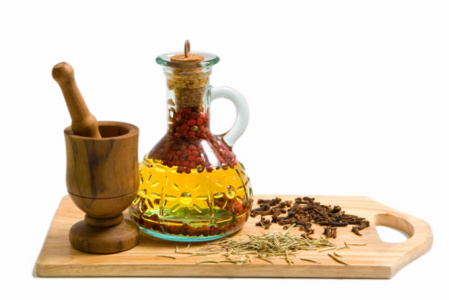
Extra-Virgin Olive Oil
Extra-virgin olive oil, which is the least processed type of olive oil, is a monounsaturated fat that can lower total and low-density lipoprotein or LDL cholesterol levels in your blood. It is contains the highest levels of polyphenols, which is an antioxidant that promotes heart health. Extra-virgin oil is thought to boost metabolism and aid in brain development, healthy bone structure and digestion. Its antioxidant properties are attributed to reducing age-related skin damage and protecting against the development of colorectal cancer. Sources: Center for Young Women’s Health VegFamily.com Lutein Information Bureau Food for Breast Cancer.com BlackRice.com Vegetarian-Nutrition Info CBS Money Watch.com CancerQuest.org The World’s Healthiest Foods OrganicFacts.net Article by Maryann Gromisch Photo: Getty Images
Add a Comment1 Comments
Balance in diet makes the person healthy physically as well as mentally.Thus everyone should be care about their diet.
August 8, 2012 - 2:46amgood personal statements
This Comment